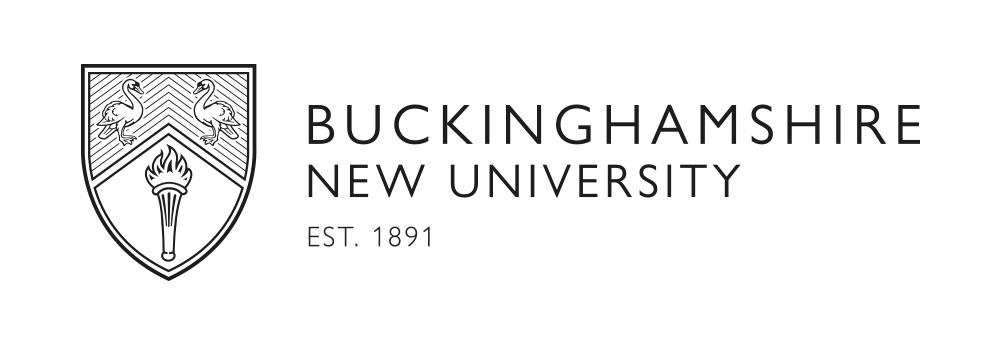It Happened to Me: Overcoming Domestic Abuse
At Buckinghamshire New University, we recognise the profound impact of domestic abuse on individuals and their academic journeys. We are here to provide a safe and supportive environment where you can find information, resources, and guidance to navigate through these challenges. If you have experienced domestic abuse, know that you are not alone. Here's what you need to know:
Acknowledging Your Experience
If you have experienced domestic abuse, it's important to acknowledge and validate your experience. Domestic abuse can take various forms, including physical, emotional, verbal, sexual, and financial abuse. Recognising the abuse is the first step towards reclaiming your power and seeking the support you deserve.
If you have experienced domestic abuse, it's important to acknowledge and validate your experience. Domestic abuse can take various forms, including physical, emotional, verbal, sexual, and financial abuse. Recognising the abuse is the first step towards reclaiming your power and seeking the support you deserve.
Seeking Immediate Assistance
If you are in immediate danger or facing a crisis situation due to domestic abuse, your safety is paramount. Reach out to emergency services by dialling 999 (or 112 from a mobile phone). They have the expertise and resources to help you in times of crisis.
Finding a Safe Space
Creating a safe space is crucial when overcoming the trauma of domestic abuse. This can be a physical location where you feel secure and protected, such as a trusted friend's home or a shelter. Additionally, seek support from organisations that specialise in domestic abuse, who can provide guidance, resources, and a network of understanding individuals.
Creating a safe space is crucial when overcoming the trauma of domestic abuse. This can be a physical location where you feel secure and protected, such as a trusted friend's home or a shelter. Additionally, seek support from organisations that specialise in domestic abuse, who can provide guidance, resources, and a network of understanding individuals.
Reporting and Seeking Support
We encourage you to report incidents of domestic abuse and seek support. You can report directly to the police on 101/online via their website, if not an emergency, and or you can report via our platform. Report and support offers a confidential reporting system where you can share your experiences anonymously or request support from an advisor. They will guide you through the available resources, support services, and options tailored to your situation.
University Procedure
If you choose to make a formal complaint regarding domestic abuse involving a student or staff member, we can provide you with information on the procedures you need to follow. Our aim is to ensure your safety and well-being, and we will assist you in navigating the necessary steps to address the situation appropriately.
External Support
- National Domestic Abuse Helpline - 0808 2000 247 (24 hours). The helpline is a team of highly-trained, female advisers, who will empower you to understand your options and support you to make any decisions about the future. They can support you to increase your safety and help you find a refuge place, or other specialist services.
- Women's Aid - Email on helpline@womensaid.org.uk or 'live chat' via their website.
- Refuge provides a wide range of support to women and children through a variety of different services.
- Man Kind Initiative provides support for male victims of domestic violence.
- Men’s Advice Line provides support for male victims of domestic violence.
- LGBT Foundation. The domestic abuse service offers support to individuals who are currently at risk of or who have previously experienced domestic abuse whether this is from a partner(s), expartner(s), or family member(s). The service is available for people who are living within the Greater Manchester area.
- Galop is an LGBT+ anti-violence charity who support people who have experienced hate crime, sexual violence or domestic abuse. They also support lesbian, gay, bi, trans and queer people who have had problems with the police or have questions about the criminal justice system.
